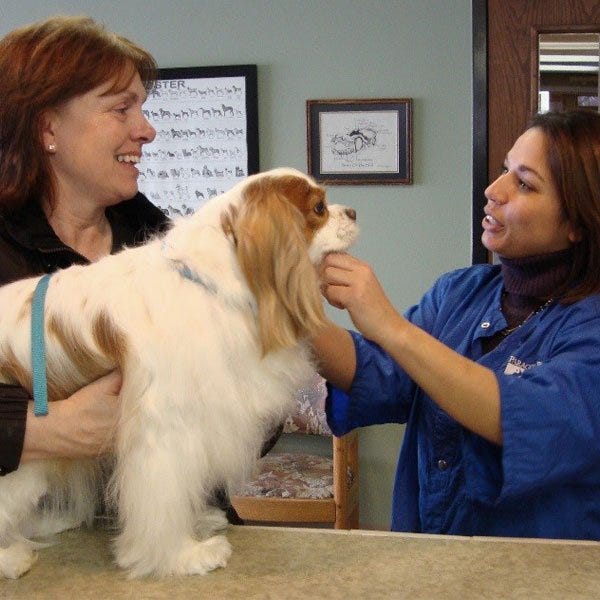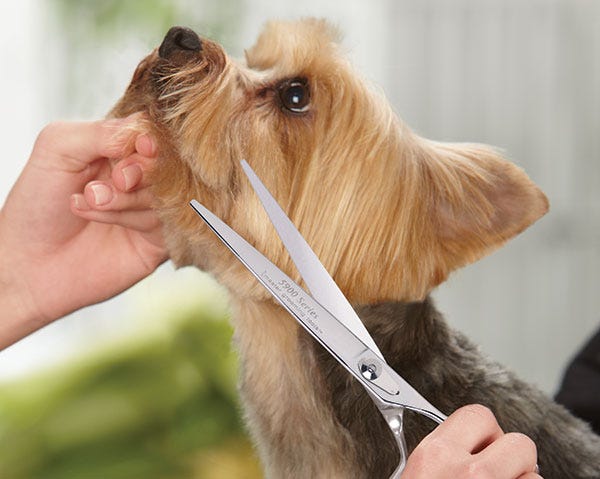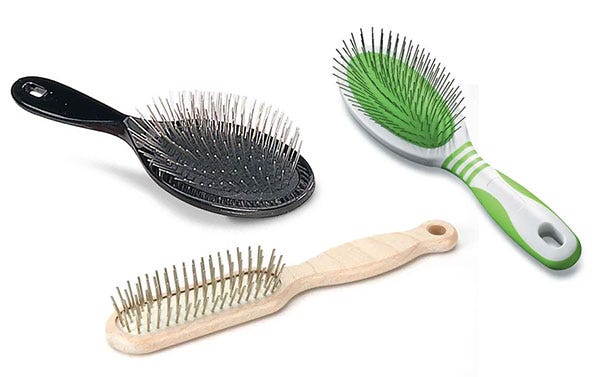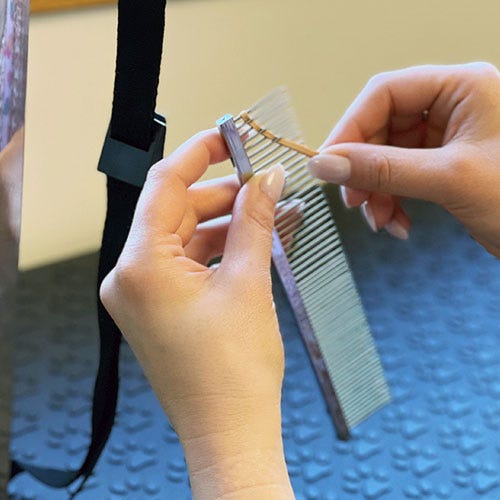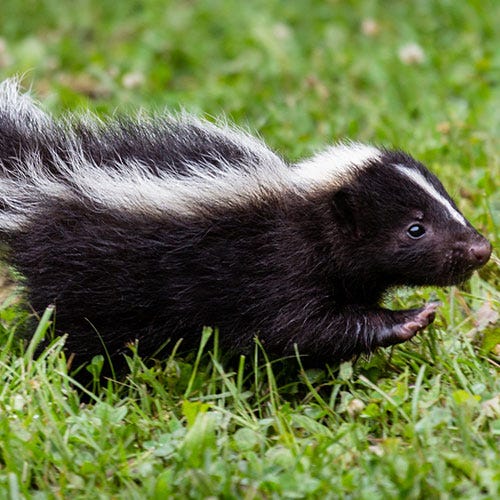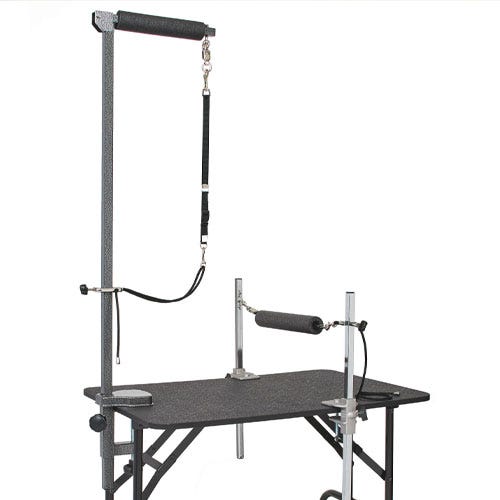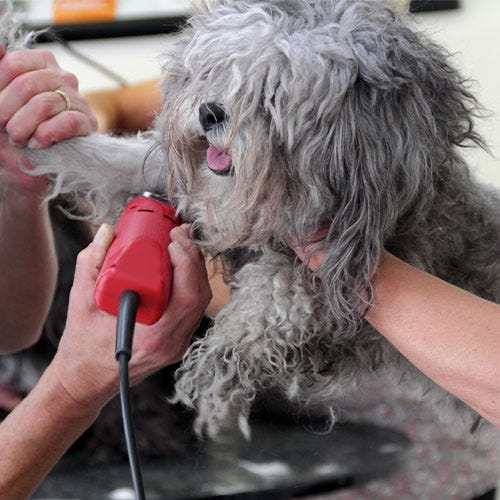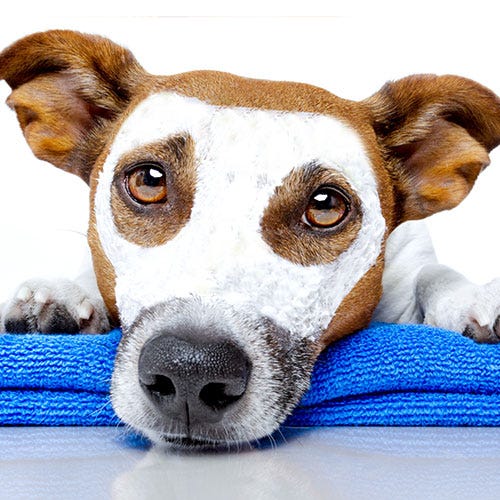A wise veterinarian once told me, "Groomers work with sharp tools on moving objects; sometimes accidents will happen." Dictionary.com defines the word accident this way, "an undesirable or unfortunate happening that occurs unintentionally and usually results in harm, injury, damage, or loss; casualty; mishap:"
Thankfully, in most cases, grooming accidents are minor things, a bit of brush irritation, a claw clipped too short, a slight abrasion, or a small nick. However, even a minor injury can make a groomer feel terrible and potentially upset the pet owner. Therefore, how we handle the damage and present the news to the owner can significantly impact how the information is received.
Here is the method I have developed to take care of grooming related "oops" over the years.
- Perform appropriate first aid to the injury.
- Photograph the injury and make brief notes about how it happened and how it was treated. I do this to record what the damage looked like when it occurred because sometimes the dog will cause further injury to itself once it goes home.
- When the owner arrives to pick the pet up, I allow the pet to greet the owner so they see it acting normally and happy.
- Using a calm tone, I say something to the effect of, "Today, when I was grooming Miss Fluffypants, she got a little irritated around where I did a sanitary clip." Then I show the owner the area so they can see exactly what I mean.
- Next, I explain what I did to treat the affected area. For example, "I gently cleaned her skin and applied some soothing first aid cream to it." (https://www.petedge.com/davis-chlorhexidine-ointment-4oz) is one option.
- Apologize. This can be the tricky bit because apologizing can be challenging for some people. The wrong way to apologize would be to blame the pet or someone else for the accident. "She was very wiggly today, which is why it happened." It may well be accurate, but you were still the one in charge of the clippers. Another thing to avoid is saying, "I'm sorry if you are upset." That does not take ownership of the incident.
A proper apology consists of four things:
- Showing remorse, "I feel terrible that this happened.
- Taking responsibility. (It's hard but own up.) "I should have used a different method or tool to trim that area."
- Trying to repair the situation. In this instance, it may be sending the pet home with some of the soothing cream you used and instructions for home care, offering a discounted groom, offering to pay for a trip to the pet's veterinarian if the owner chooses to, or all of the above. (Remember, this article discusses minor injuries, but the pet owner may still seek to see the pet's doctor.)
- The final step is explaining what you plan to do so the problem is not repeated, "I have made a note in Miss Fluffypant's file, and in the future, I will use a longer blade or hand scissor that area to make sure she will not be uncomfortable again.
Keeping your demeanor calm and speaking in a sincere, professional manner will help you relay the information about the injury and your apology clearly for the pet owner to understand.
In an ideal world, we would never cause the slightest irritation to any pet in our care, but as my veterinarian friend told me, accidents will happen. How we deal with them can earn your customer's respect and loyalty and ensure they know we care about their pets.

